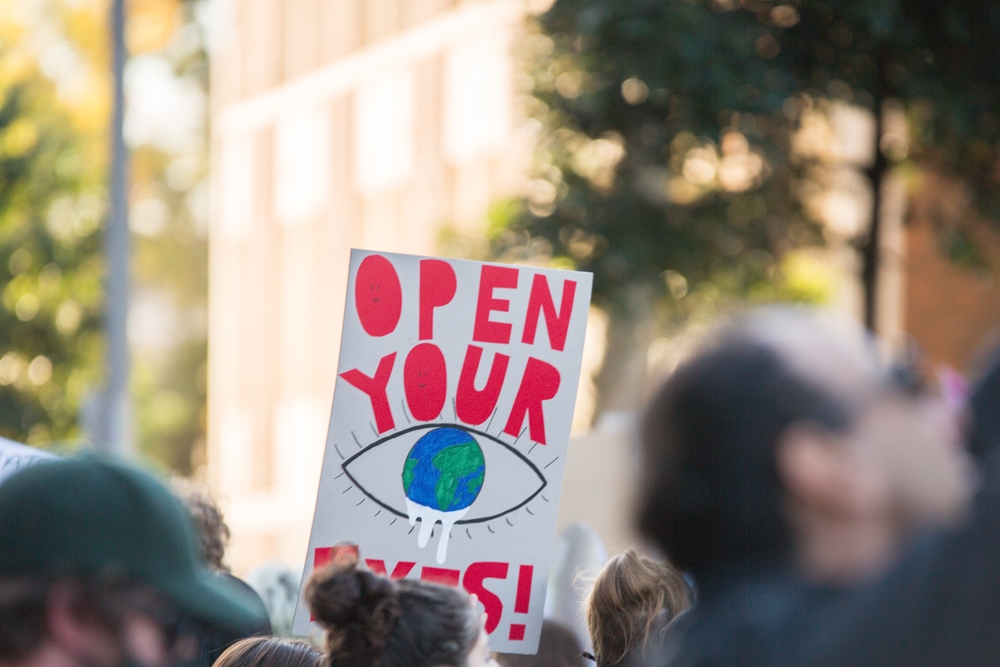The EU Commission has introduced a raft of new legislation, including legal targets to cut food waste by 30% across both retail and household consumption by 2030.
A new soil monitoring law will also put the EU on a pathway to healthy soils by 2050, gathering data on the health of soils and making it available to farmers and other soil managers.
By normalising sustainable soil management, the law will address unacceptable health and environment risks due to soil contamination. The EU proposals will also enable the safe use of new genomic techniques, such as developing climate-resilient crops and reducing the use of chemical pesticides.
The measures also propose reducing food and textile waste, contributing to more efficient use of natural resources and further reducing greenhouse gas emissions across these sectors.
Subscribe to Sustainability Beat for free
Sign up here to get the latest sustainability news sent straight to your inbox each morning
Reducing food waste
It is estimated that nearly 59 million tonnes of food are wasted in the EU each year with estimated market value of £113 billion (€132bn). Over half of this food waste (53%) is generated by households, followed by the processing and manufacturing sector (20%).
To accelerate the EU’s progress, the commission proposes that, by 2030, member states reduce food waste by 10%, in processing and manufacturing, and by 30% (per capita), jointly at retail and consumption (restaurants, food services and households).
Commissioner for health and food safety Stella Kyriakides said the union has an opportunity to: “plan for the future, redesign the way we produce and consume our food and offer a larger choice of safe, sustainable and nutritious products to our citizens”.
EU circular economy for textiles
Elsewhere, the commission is proposing rules to make producers responsible for the full lifecycle of textile products and to support the sustainable management of textile waste across the EU.
This initiative will accelerate the development of the separate collection, sorting, reuse and recycling sector for textiles in the EU, in line with the EU Strategy for Sustainable and Circular Textiles.
Increasing the availability of used textiles is expected to create local jobs and save money for consumers in the free trade zone and beyond, while alleviating the impacts of textile production on natural resources.










